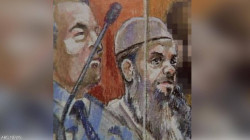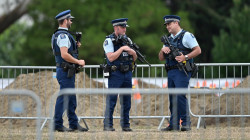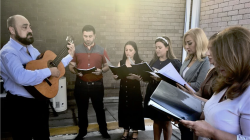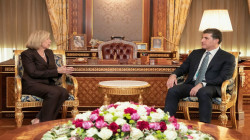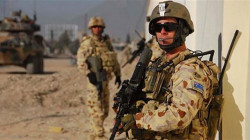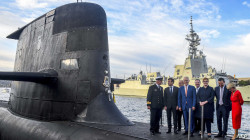Australia wrongly cancelled citizenship of man on death row in Iraq, family claim
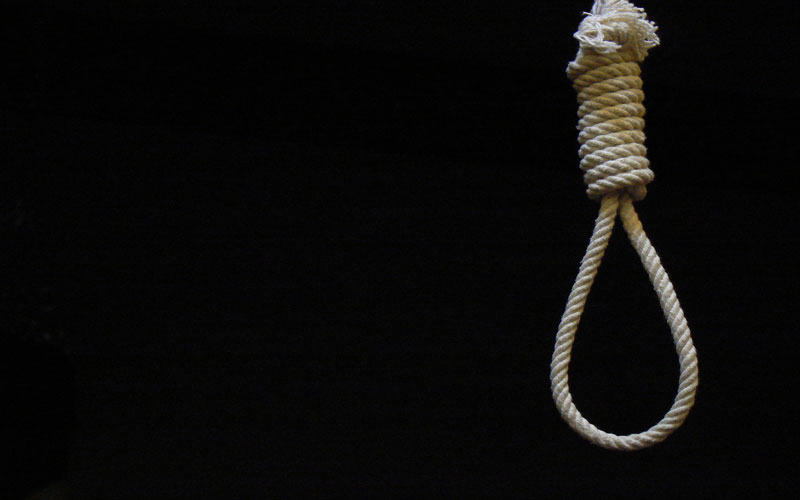
Shafaq News / The former Coalition government wrongly cancelled the citizenship of an Australian man on death row in Iraq, leaving him stateless as he awaited hanging on terrorism charges, his family and lawyers claim.
Ahmad Merhi, originally from Sydney, travelled to Syria in 2014. He was captured in the country in 2017.
Merhi, 30, was then transferred by US forces to Iraq, one of a series of prisoner transfers that has concerned human rights groups.
In Iraq, Merhi says he was coerced into confessing to terrorism charges and in November 2018 he was sentenced to death by hanging.
According to a translation of Iraqi court documents, the charges included that he was an Islamic State member being paid a monthly bond, that he completed weapons training, and was assigned to its “Health Bureau”. Merhi claims he was wrongfully convicted.
Merhi says he was informed by letter after his sentencing that his citizenship had been cancelled. He is eligible for Lebanese citizenship, but says he has never held it.
Merhi’s family and Australian lawyer are urging the Albanese government to overturn the cancellation, citing obligations under international law regarding statelessness and a recent high court decision.
His lawyer, Mohammad Khan, says he has not even been able to confirm with the government that the citizenship has been cancelled, and under which laws.
The Department of Home Affairs said it did not comment on individual cases when asked by Guardian Australia whether Mehri’s citizenship had been cancelled.
Merhi attempted to post the cancellation letter to Khan from Iraq, but it never arrived.
Merhi’s mother says she was told via a telephone call from the department of home affairs about the cancellation, but never received written confirmation.
The new minister for home affairs, Clare O’Neil, did not respond to detailed questions about the case, referring them to her department. Those questions included whether Merhi’s case was raised during a conversation last month between the prime minister, Anthony Albanese, and his Iraqi counterpart, Mustafa al-Kadhimi, and whether she would assist the family in understanding whether Merhi’s transfer from Syria to Iraq was legal and authorised by the Australian government.
The Department of Home Affairs did not answer the questions, instead saying it did not comment on individual cases but was considering the implications of the recent high court judgment.
Khan did not receive a response to a letter he sent to the previous government, but wrote to O’Neil on Monday, urging her to reply within 14 days.
He will consider a court challenge to the decision depending on the response.
Although the recent high court judgment referred only to those who had citizenship cancelled under section 36B of the act, a section under which only two citizenships had been cancelled, Khan believes it provides grounds for challenges against all cancellations.
He believes Merhi’s citizenship was wrongly cancelled because the government incorrectly believed he was a dual national, in a similar case to Islamic State fighter Neil Prakash.
Aside from his alleged involvement with Islamic State in Syria, sentencing remarks relating to the case of an alleged associate show Merhi is suspected by police of assisting Shadi Mohammad, the sister of a man who killed Curtis Cheng in 2015, to flee to Syria, and of arranging for Islamic State supporters in Australia to transfer money to the Middle East.
He has previously been referred to as Ahmed Merhi in some media reports and court documents.
A family member, who did not wish to be named, said that regardless of what Merhi was accused of he should face justice in Australia.
She said the government should also explain why the citizenship cancellation was made, and whether it had been aware prior to Merhi’s transfer from Syria that US forces planned to hand him to Iraqi authorities.
“There’s no transparency about what happened with Ahmad. There’s no answers. How was he captured? How was he placed in Iraq? Where he is going to be from day to day?”
Merhi’s family said he had been trying to leave Syria for Turkey with his heavily pregnant wife when the pair were captured by Kurdish SDF forces in late 2017.
Merhi is currently being held in Nasiriyah prison, a sprawling complex known as “the Whale” because it swallows people up.
He has had little contact with Australian officials, other than being informed about his citizenship cancellation, and being told he had been denied legal aid funding.
In more than three years since he was sentenced to death, Merhi has only been able to speak to his family on a handful of occasions, they say.
Merhi lost part of a leg in an airstrike, and in the short phone conversations he has with his mother about every three months, he mostly tells her about his health, asks if she has heard anything from authorities, and tells her he loves her.
In the weeks between calls, the family worries that they will hear on the news that Merhi has been executed, a torment that has been particularly hard on his mother.
It has been eight years since he left home, after, his family say, winning a raffle prize at a local mosque to travel to hajj.
They were somewhat shocked that the labourer, who enjoyed girlfriends, parties and trips to the beach, planned on making the pilgrimage.
The leader of the opposition, Peter Dutton, who was the home affairs minister when Merhi says his citizenship was cancelled, was on leave. His office did not respond to a request for comment.
(The Guardian)
